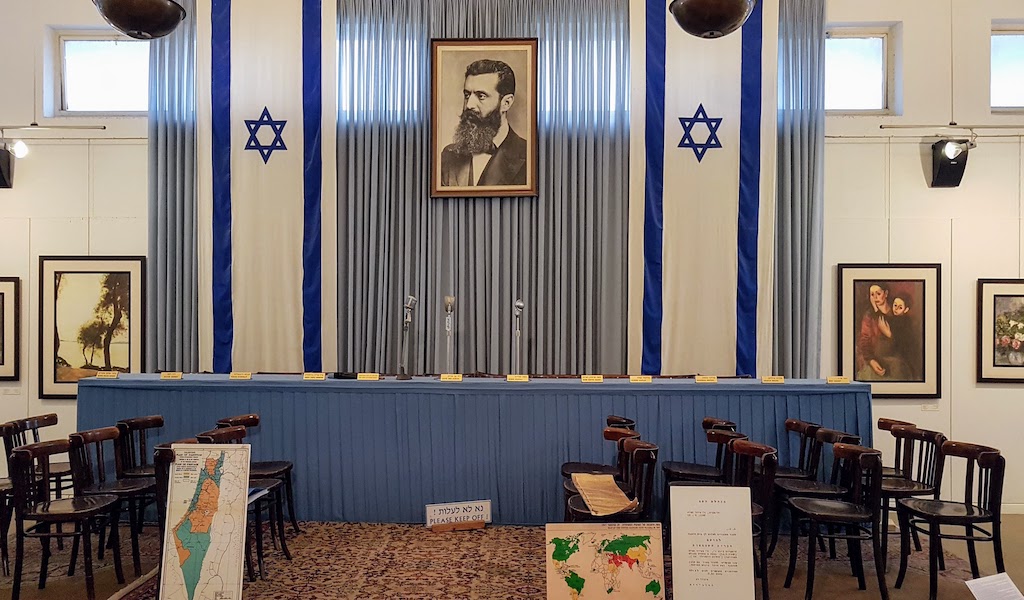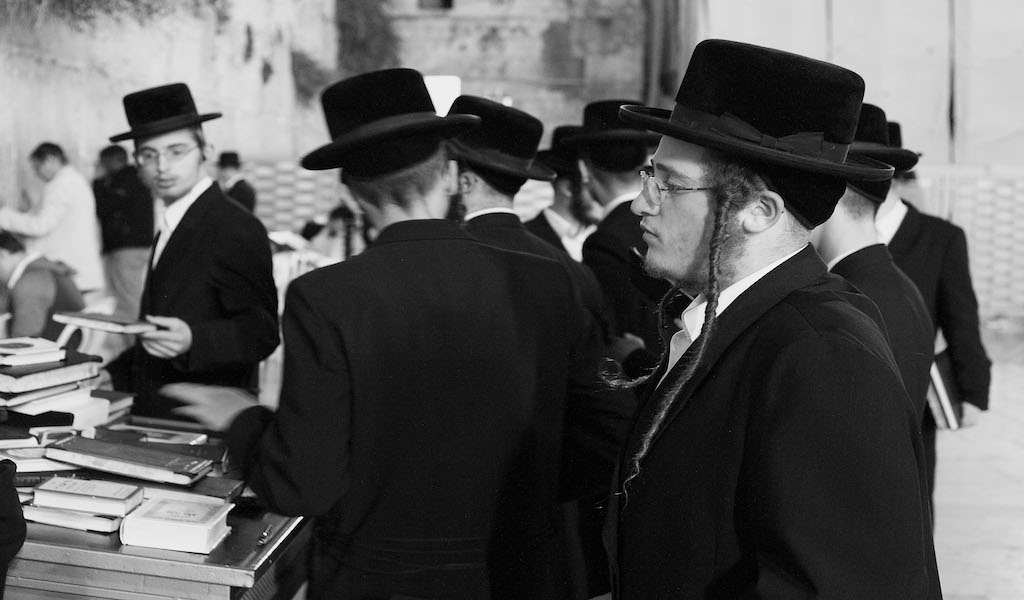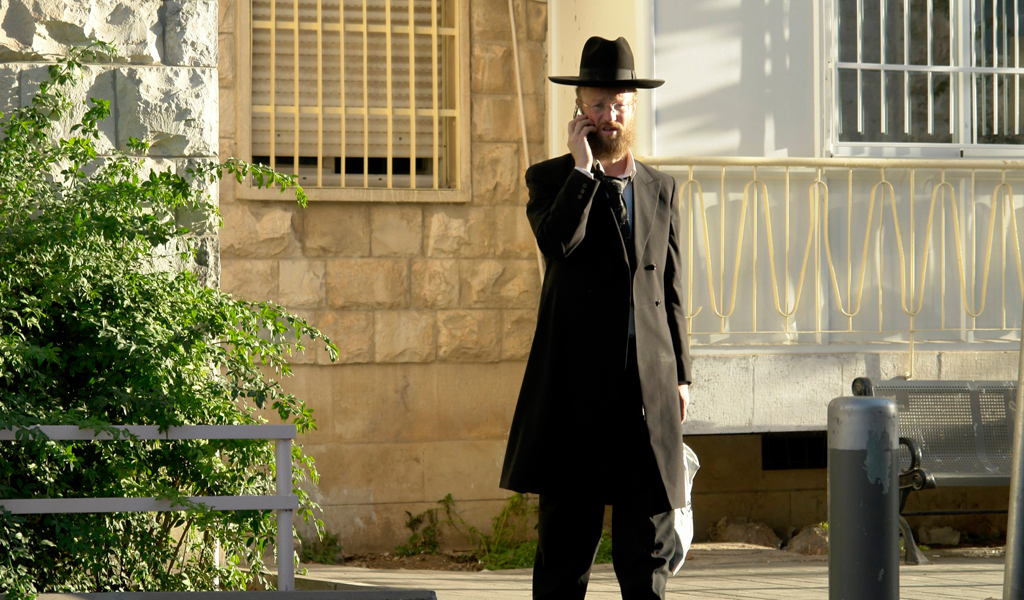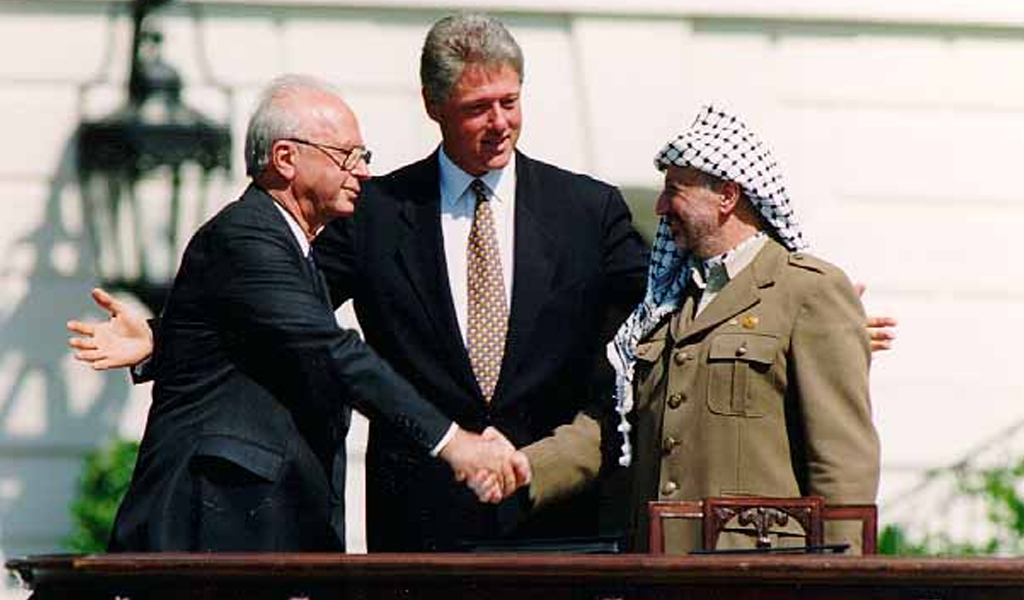Zionism – the need for a separate Jewish state
Assertion
Zionism is a reactionary, colonialist Jewish political movement.

The facts
Modern Zionism is a Jewish movement that began towards the end of the 19th century in order to create a separate state for the Jews. The background to this was the increasing anti-Semitism in Europe from the middle of the 19th century and the persecution of Jews in Tsarist Russia. This led to a rethink among leading Jewish intellectuals such as the doctor Leo Pinsker and, shortly afterwards, the journalist and writer Theodor Herzl. They had previously spoken out in favor of the assimilation of Jews in their respective countries. Now they realized that the Jews would only be safe from persecution in a state of their own. They soon realized that this state should be located in what was then Palestine, because this had always been the home of the Jews. The Jews who founded the state of Israel were therefore not colonialists, but returnees.
One of the first major advocates of a Jewish nation state was the doctor Leo Pinsker, who lived in Odessa. He had initially spoken out in favor of the assimilation of Jews in their respective surroundings. However, after the pogroms in Russia in 1881 and after he had also noticed rampant anti-Semitism in Western Europe, Pinsker radically changed his views.
In his 1882 book “Autoemancipation! An exhortation to his fellow tribesmen from a Russian Jew”, Pinsker called for a separate country for the Jews. This made him the first important pioneer of modern Zionism, the political movement that advocates the creation of an independent Jewish state.
However, Pinsker’s demand did not meet with much approval from either (assimilated) Western European or Orthodox Jews.
The man who is now generally regarded as the most influential pioneer of the Zionist movement, the Viennese journalist and writer Theodor Herzl, had a similar experience. Herzl had also come to the conclusion that only a state of their own would offer the Jews protection from anti-Semitism and persecution.
The so-called “Dreyfus Affair” in France provided an important impetus for this. This was a judicial scandal in France in the 1890s that was accompanied by massive anti-Semitic agitation. It involved unfounded accusations of high treason against the Jewish artillery captain Alfred Dreyfus, who was serving in the French army. (see “The Dreyfus affair”).

“The Jewish State” and the 1st Basel Zionist Congress
Against this background, Herzl, who was working as a correspondent in Paris at the time, published his book “The Jewish State – An Attempt at a Modern Solution to the Jewish Question” in 1896. In it, he explained why a Jewish state was needed: because of anti-Semitism on the one hand, and because the importance of religion as a cohesive element had largely been lost in the course of the Enlightenment.
In “The Jewish State”, Herzl also deals in detail with the very pragmatic aspects of founding a Jewish state. These included, in particular, the question of where this state should be located (Argentina or Palestine), what kind of organization should buy the land needed for it and how much funding it would require. He also dealt with the right form of government (aristocratic republic) and the question of religion (clear separation of religion and state). The same applied to the national language (Herzl ruled out Hebrew because too few Jews spoke it and argued in favor of German).
Herzl’s book was a bestseller by today’s standards, at least in Jewish circles. It led to the 1st Zionist Congress being held in Basel the following year, from August 29 to 31, 1897. The 204 delegates there adopted the so-called “Basel Program”, which stated: “Zionism strives to create a home in Palestine secured by public law for those Jews who are unable or unwilling to assimilate elsewhere.”
In order to promote the founding of the state, the delegates in Basel then founded the World Zionist Organization (WZO) and appointed Theodor Herzl as its president.
The World Zionist Organization
The WZO became active immediately. One of its first goals was to establish itself in as many Jewish communities as possible. Although the various currents within Zionism included religious Zionists as well as socialists and those who emphasized the preservation of Jewish culture, Orthodox Jews, especially in Germany, were (and in some cases still are) opposed to the idea of a Jewish state implemented by secular forces; they therefore did not take part in the 1st Zionist Congress in Basel.
With regard to the land purchase necessary in Palestine, the WZO also founded the Jewish Colonial Trust (today’s Bank Leumi) and appointed an action committee to control the trust. The Jewish National Fund JNF/Keren Kajemeth was later founded to raise the necessary funds for the land purchase. It immediately began to put its mission into practice.
For his part, Herzl tried to convince the important European heads of state of the idea of a Jewish state. To this end, he met the German Emperor Wilhelm II in Constantinople (Istanbul) and Jerusalem. In 1901, he met Sultan Abdülhamid II, the ruler of the Ottoman Empire, to which Palestine belonged at the time. Although these meetings did not bring the WZO any tangible successes, they did increase its profile and credibility. For the same reason – namely to raise awareness among the British public and the politicians of the United Kingdom – the WZO held the 4th Zionist Congress in August 1900 not in Basel but in London.
Balfour Declaration and UN partition plan
It was to take almost twenty years before the WCO’s involvement in Great Britain paid off. During the First World War, Great Britain had conquered the territory of Palestine from the Ottoman Empire. Two years later, in 1917, the then British Foreign Secretary, Arthur James Balfour, stated in what has since been known as the “Balfour Declaration”: “His Majesty’s Government look with favor on the establishment of a national home for the Jewish people in Palestine and will do their best to facilitate the attainment of this object.”
It took another twenty years for this declaration of intent to become a firm decision: Under the impression of the murder of six million Jews during the Holocaust , the UN said yes to a partition of Palestine into a Palestinian and a Jewish state on November 29, 1947.
Theodor Herzl did not live to see this and the proclamation of the State of Israel the following year: he died of heart failure in 1904. After the conclusion of the 1st Zionist Congress in Basel in 1897, Herzl wrote in his diary: “If I summarize the Basel Congress in one word – which I will be careful not to utter publicly – it is this: in Basel I founded the Jewish state. If I said that out loud today, I would be met with universal laughter. Perhaps in five years, at least in fifty, everyone will realize it.”
His prediction came true to the year.
Editor’s recommendation: The State of Israel






